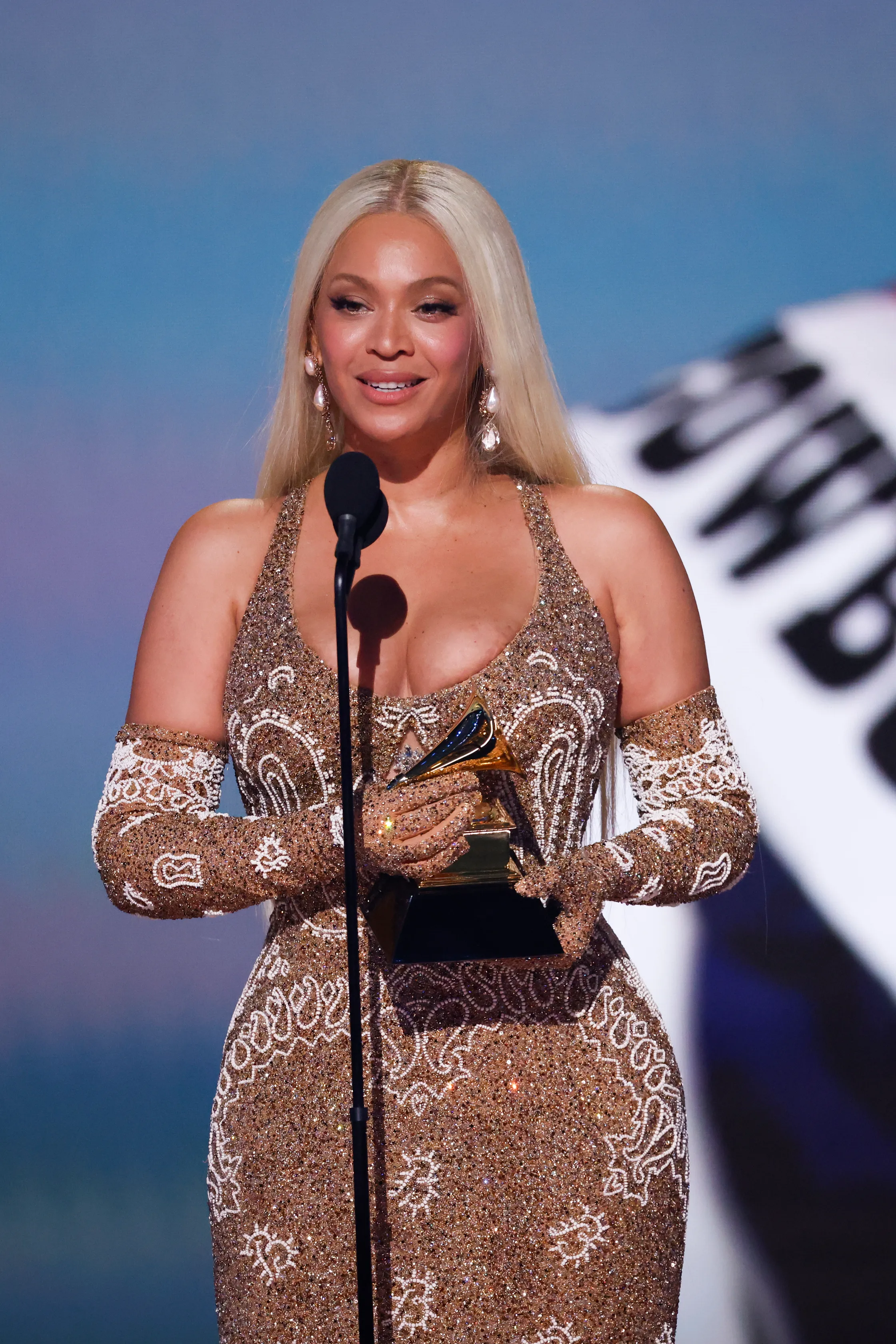RD.jpg)
On April 14, 2025, Blue Origin successfully completed its 31st mission of the New Shepard program, marking the 11th crewed flight of its kind. The mission, dubbed NS-31, was not only another technical milestone for the private space company but a symbolic leap forward for representation, inspiration, and innovation.
The NS-31 crew included a dynamic and diverse roster: Aisha Bowe (former NASA engineer turned space entrepreneur), Amanda Nguyễn (civil rights activist and Nobel Peace Prize nominee), Kerianne Flynn (a Blue Origin investor and first-time astronaut), and major household names like Gayle King, Katy Perry, and Lauren Sánchez.
.jpg)
Named after Alan Shepard, the first American in space, New Shepard is Blue Origin’s fully reusable suborbital rocket system, designed from day one for human flight. The NS-31 mission lasted approximately 11 minutes, taking the crew past the Kármán line (100 km above Earth), where they experienced a few minutes of weightlessness and panoramic views from the capsule’s oversized windows.
Although making headlines as the first all-female crewed spaceflight since 1963, the mission sparked significant backlash from several public figures and commentators — not for its historic composition, but for the perceived excess and ethical implications surrounding the launch.
Actress Olivia Munn was among the most vocal critics, labelling the mission “gluttonous” during an appearance on TODAY with Jenna & Friends. She questioned the value of a high-profile, 11-minute suborbital space trip — especially one involving celebrities receiving “full glam” prep — at a time when many people are struggling with basic needs like food affordability. Munn also raised concerns about the environmental cost of rocket fuel and the spectacle-like nature of space tourism, suggesting such ventures be conducted with more humility and less fanfare .
Space policy analyst Dr. Aris Thorne echoed these sentiments in interviews, highlighting the tension between celebrating diversity in space exploration and confronting the reality of global economic disparities. Thorne questioned whether the resources spent on space tourism — with ticket prices potentially similar to Virgin Galactic’s $600,000 — might be better directed toward pressing issues on Earth, such as poverty or food insecurity .
Environmental critics also chimed in, emphasising the unsustainable practices associated with rocket launches and the lack of tangible societal benefits. While Blue Origin argued the mission aimed to inspire future generations and included scientific experiments (like Amanda Nguyen’s women’s health research), many felt these elements were overshadowed by the luxurious framing and celebrity presence .
In essence, while NS-31 was a milestone for representation, it simultaneously ignited a broader ethical debate about the value, visibility, and societal impact of space tourism in a time of global hardship.






